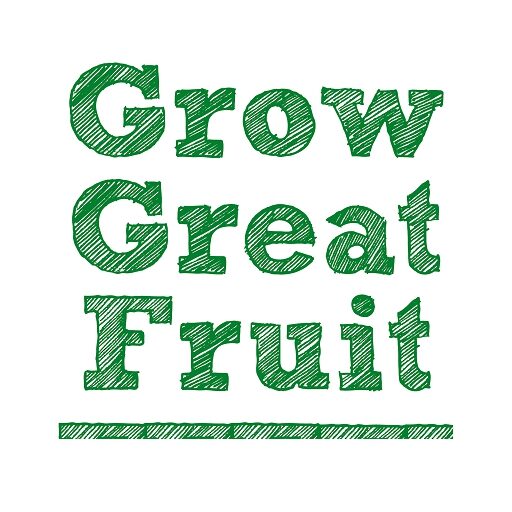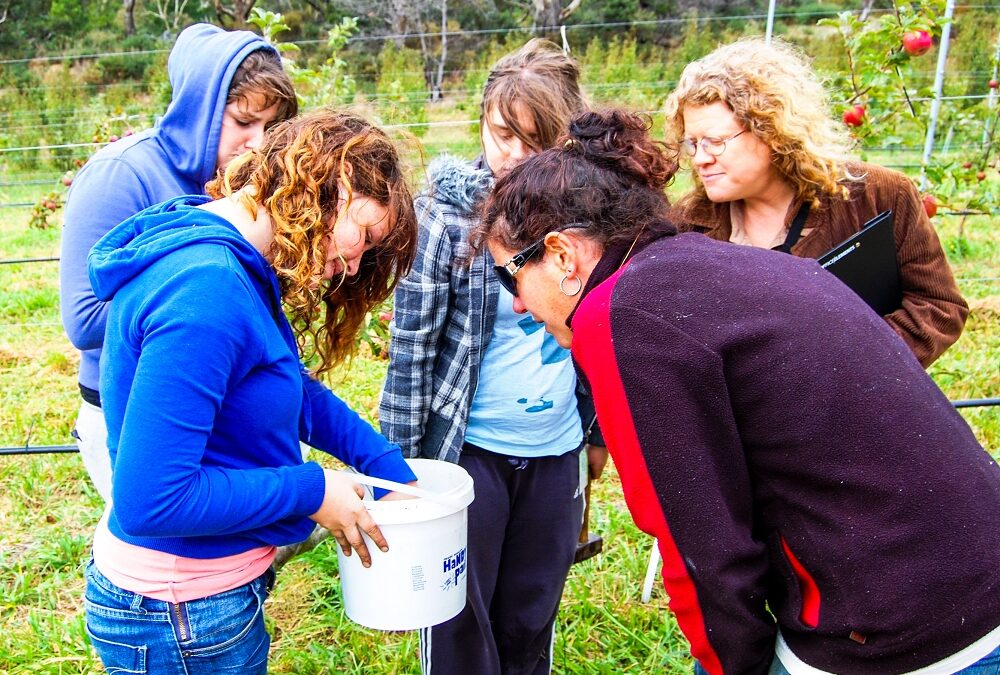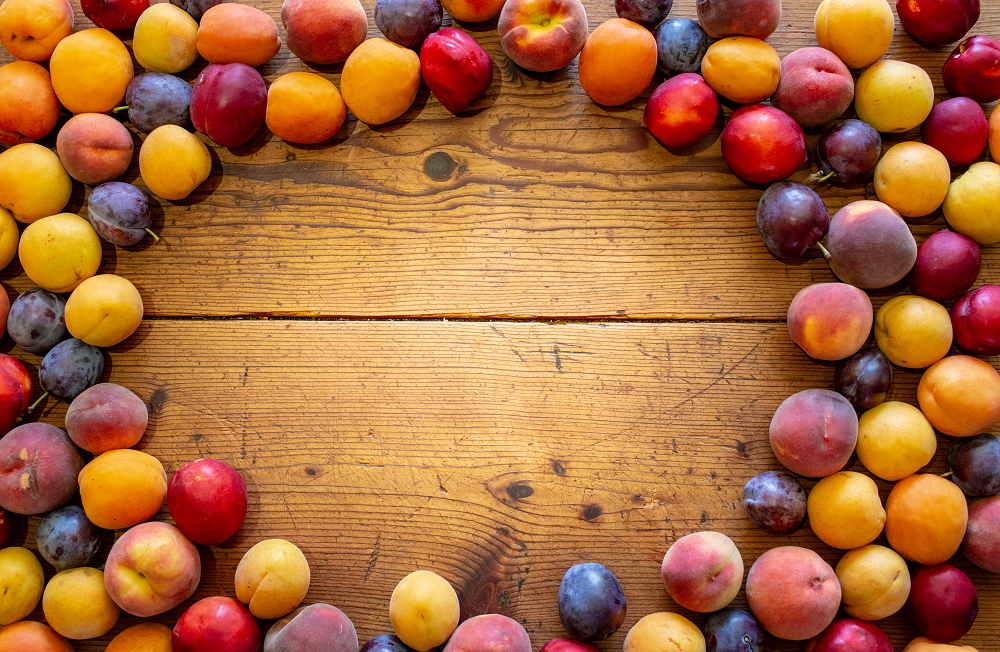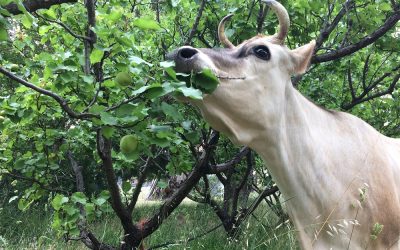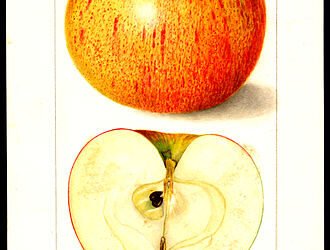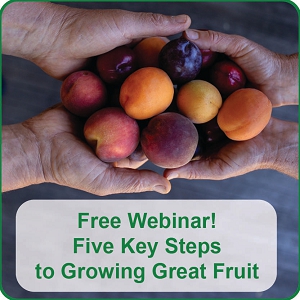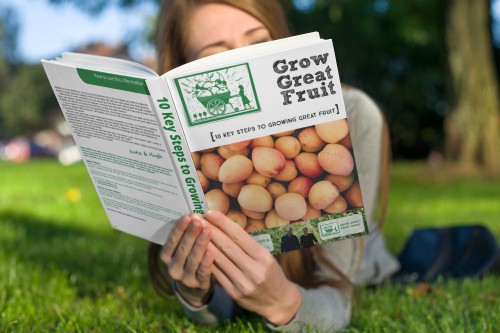Estimated reading time: 5 minutes
One of our core reasons for starting Grow Great Fruit was to share as much of the knowledge we’ve gained as possible. Permaculture, at its heart, is about designing sustainable systems that work with nature.
For fruit growers like us (and you) its proven to be an invaluable approach.
Years of running an organic orchard, digging deep through research, reaching out to experts, and our own trial and error have helped us create a huge wealth of resources for fruit growers. We couldn’t find what we needed, so we wrote it ourselves!
All our knowledge and experience make us pretty skilled at growing fruit, though we’re always learning. But it’s still very exciting to be invited as teachers by educators we look up to.
Who started permaculture and what is it all about?
Permaculture was co-originated by David Holmgren and Bill Mollison in the 1970s. Since then, it has developed into a global movement. It’s very rewarding when we get to collaborate with the originators of this concept and their students.
We’ve worked with David Holmgren on the Whole Farm Plan for our property. We’ve also had the pleasure of joining David and Beck Lowe as guest speakers for their online Permaculture Design Certificate on multiple occasions.
Working alongside both permaculture’s co-originator and one of Australia’s most skilled permaculture teachers gives us a fantastic opportunity to share some of what we know with their very engaged, curious cohort of students.
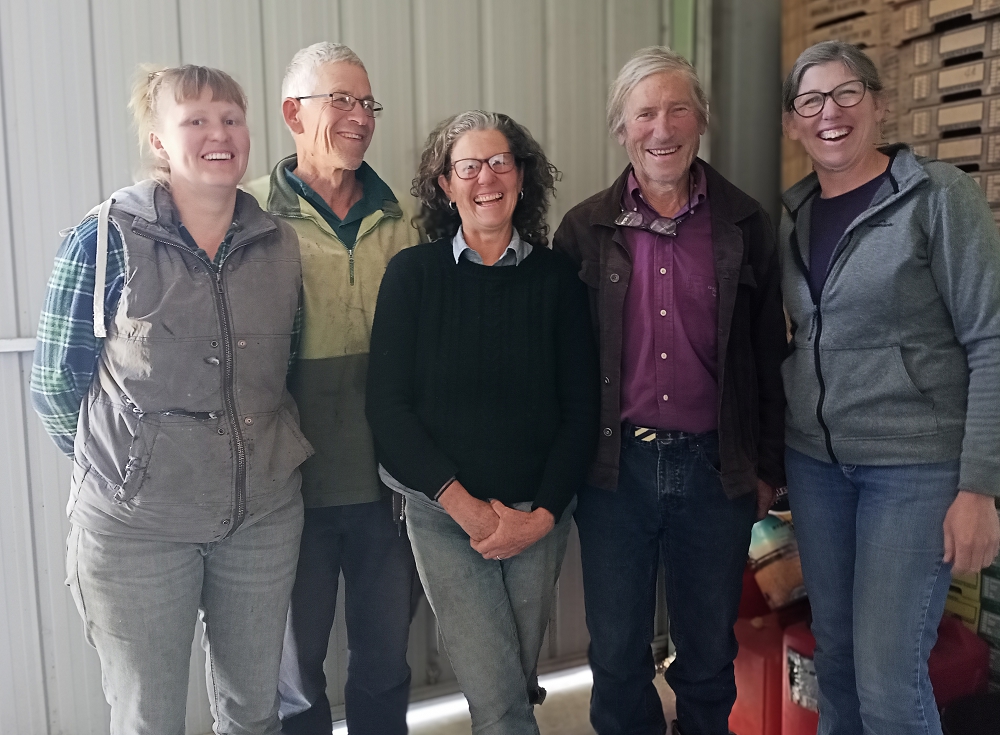
Tess Sellar, Hugh, Katie, David Holmgren, and AnnMaree Docking at the Whole Farm Planning workshop
What’s the difference between organic growing and permaculture?
We get this question all the time!
Permaculture goes beyond just organic growing, focusing on designing ecosystems that regenerate themselves. It’s a philosophy that includes organic principles but also considers how every element of your garden works together holistically.
In our teaching sessions with permaculture students this year, some of the key discussions included:
- Basic fruit tree care;
- Planning to be self-sufficient for fruit;
- How to scale up food growing to a commercial scale; and
- Collaborative food growing.
We were also pleasantly surprised to learn that, like us, other leading educators known for teaching hands-on-skills are embracing online platforms and finding creative ways to make their lessons engaging and effective.
Taking fruit growing to urban areas with Smart Gardeners
Permaculture isn’t just for large rural areas—it can thrive in urban gardens too. Another fun event we ran was a pruning workshop for the My Smart Garden project.
Kat Lavers is an urban permaculture gardener extraordinaire (check out Happen Films’ profile of her home garden, the Plummery). She also works for Hobson Bay Council on their sustainable living initiatives. My Smart Garden is a free education program for gardeners across a number of Melbourne councils.
Kat invited us to speak to the My Smart Gardening cohort about fruit tree pruning and maintenance. It was a great opportunity to translate permaculture principles into a city context. The potential for food production in most urban backyards is huge, even though space is limited.
It’s good fun working with someone as experienced as Kat. We loved her knowledgeable questions clearly born from her own urban gardening experience.
We’re a huge fan of growing fruit trees in urban backyards, but when space is at a premium it becomes all the more important to get a good yield from every tree in your garden, a topic Kat clearly knows all about.
One of the questions that we found most interesting was how to manage an existing, overgrown mature fruit tree when you move into a new property. Ah yes, the joys of dealing with trees that other people have pruned or worse – not pruned! We were able to share our 3-year renovation pruning system to help people bring old trees back to life.
Where can you learn more about permaculture?
We love working with people who are passionate about learning how to grow their own food, and these teaching opportunities help us grow as well.
If you’re just dipping your toe in the water, doing a Permaculture Design Certificate is a great start. In fact, that’s exactly how we started our permaculture journey with Beck Lowe many years ago. We loved it so much that we asked her to do an Introduction to Permaculture Masterclass for us.
If joining a course is not right for you try connecting with local permaculture groups, or simply reading permaculture books by Bill Mollison, David Holmgren, or any of the other excellent teachers in the field.
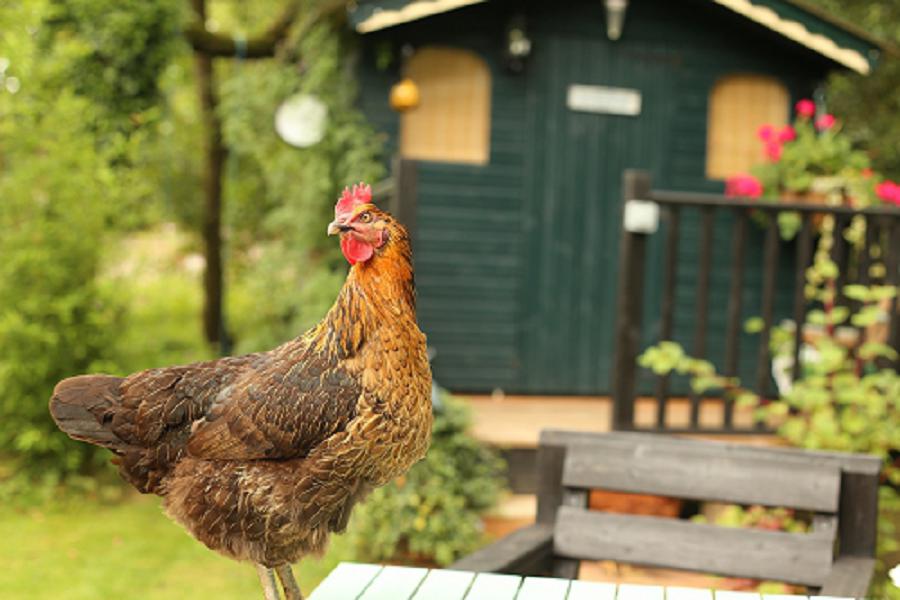
What have we learned from teaching others?
We’re always honoured to be trusted with people’s learning in this space, but even more so when other educators trust us with their students. Thanks again Beck, David, and Kat!
One takeaway for us from these recent teaching experiences was that many people have zero gardening experience and some of the things we think of as common knowledge (like fruit trees needing water) might not be obvious to a complete beginner.
It’s important to us to create a safe space where people genuinely feel comfortable to ask any question.
Related Articles
Animals, fruit trees, and electric fences
Animals and fruit trees go well together if you can figure out how to enjoy the benefits without the animals doing too much damage.
Warming winter cakes with home-grown fruit
Bake delicious warming winter cakes from the fruit you’ve grown on the fruit trees in your own garden for extra satisfaction.
Saving heritage fruit trees by planting them
Many heritage fruit tree varieties are in danger of going extinct. The best way to save them is by planting them in your backyard.
